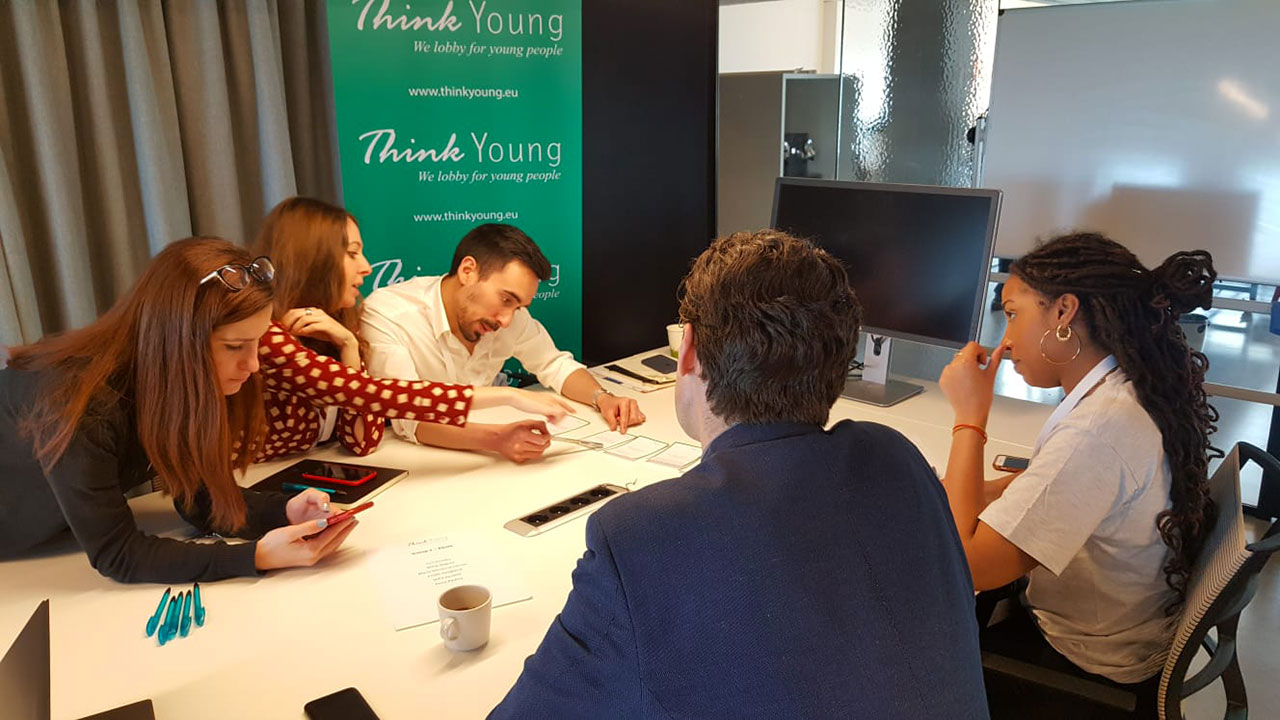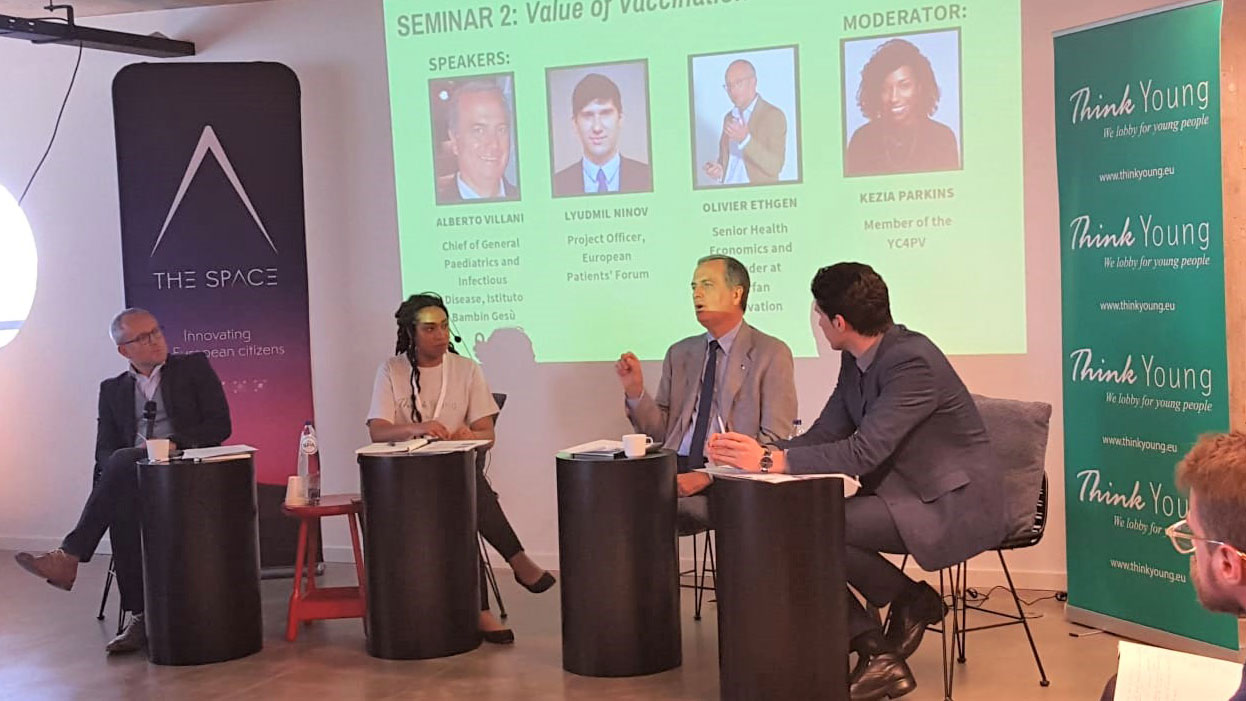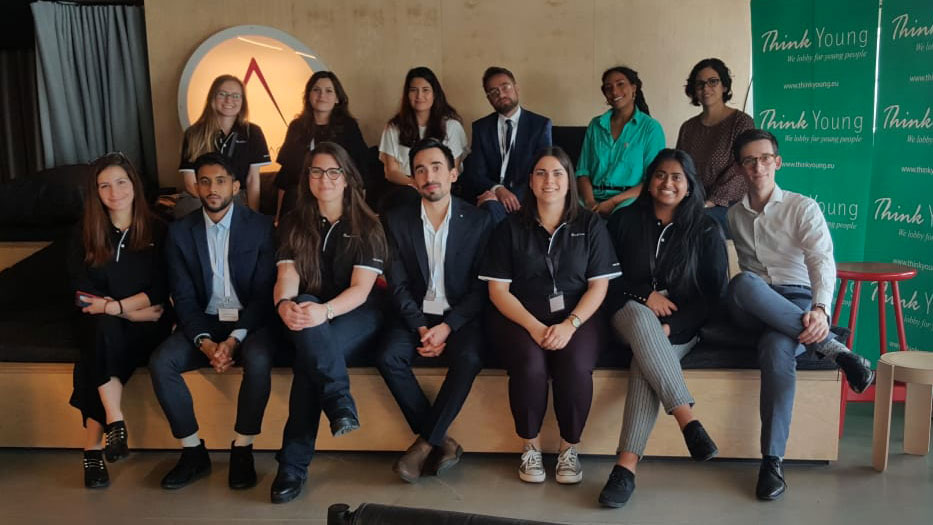In several European countries, adolescents and young adults are among the worst affected by outbreaks of vaccine-preventable disease. Catchup campaigns are helping address immunisation gaps arising from low MMR uptake in the early years of the 21st century, but low vaccination rates may also stem from complacency about the need to stay up to date with vaccination schedules.
Watch: Vaccines are for life, not just for kids
In France, a 17-year-old girl died of measles last year; in Poland, adolescent boys are hardest hit by rubella outbreaks; Ireland has recorded mumps outbreaks among university students this year; and young adults can be badly affected by meningitis outbreaks. Meanwhile HPV vaccination in early adolescents is helping reduce cervical disease among women in their 20s, but vaccination rates are still too low in several countries.

Dr Daphne Holt, Chair of the Coalition for Life-Course Immunisation (CLCI) and a member of the Vaccines Today Editorial Board, says civil society organisations representing people of all ages must step up and become vaccine advocates. ‘People of all ages can benefit from immunisation,’ she said. ‘To get this message to the public, Europe needs to hear from vaccine champions of all ages.’
Now a group of 30 young professional is fighting back, encouraging their peers – and decision-makers – to ensure stronger uptake of vaccines against preventable diseases.
The Young Coalition for Prevention & Vaccination (YC4PV), brings together student organizations, health policy activists, patient associations, and the medical and pharmaceutical sectors.
Led by ThinkYoung, a youth-focused think tank and Vaccines Today supporter organisation, the group plans to publish a Manifesto in 2020 with concrete proposals for increasing awareness and uptake of vaccination. The think tank has conducted research on youth perception of, and confidence in, vaccination, supported by MSD. This year it is hosting a series of four seminars to help shape the Manifesto.
The latest event, held in Brussels, looked at the value of vaccines in the context of the UN 2030 Agenda. It heard from experts in immunisation, economics, and life-long vaccination.
Community Immunity

During a session moderated by Kezia Parkins, Member of the Young Coalition for Prevention and Vaccination, several experts had their say on the best way to increase vaccine uptake.
Olivier Ethgen, Senior Health Economics and Founder of Serfan Innovation, highlighted the tension between individual liberty and societal solidarity, arguing that vaccination is part of the social contract. ‘In our society, we often speak about the individual and their choice – we live in a very individualistic society,’ he said. ‘But if you want to benefit from the community – including hospitals and day care – you should take your responsibility.’
Alberto Villani, Chief of General Paediatrics and Infectious Disease at the Istituto Bambin Gesù in Italy, went further. He said he believed vaccine mandates are the most effective way to ensure high levels of coverage. This reflects an ongoing debate in Italy where the topic of compulsory immunisation has been a source of controversy.
‘Making vaccination mandatory is part of the solution,’ he said. ‘Data show that when it’s not required, people will think it’s less important; and when vaccination is mandatory people think it is more important.’
For Lyudmil Ninov, Project Officer and Youth Group Coordinator, European Patients’ Forum, said the priority should be to engage with the public and built trust in health systems and authorities. He called for clear information and consistent messaging from health professionals, authorities, the media and search engines.
‘To build trust, patients need consistent evidence-based messages from healthcare professionals, governments and civil society,’ he said. ‘Only in this way will people choose to vaccinate their children.’
Two more workshops are planned for later this year before the results of this year-long discussion are summarised in a Manifesto early in 2020.




